Due to long food breaks or infrequent meals, you may need specific supplementsto avoid muscle weakness, fatigue or cramps.
1. Magnesium — the anti-cramp mineral
- ✅ Do not interrupt fasting
- 🧠 Helps in relaxation, sleep and concentration
- 💪 Prevents muscle cramps
Recommended forms:magnesium glycinate, citrate, malate (avoids magnesium oxide — has poor absorption)
When to take it:during fasting, preferably in the evening
2. Sodium (good quality salt)
- ✅ Do not interrupt fasting
- 🧂 Maintains blood pressure and hydration
- 🧃 Reduces dizziness and headaches
Fasting reduces insulin, and with it sodium retention also decreases. If you feel dizzy or “drained,” half a teaspoon of sea salt dissolved in water can work wonders.
Recommended forms:pink Himalayan salt, unprocessed sea salt
When to take it:in the morning or before training
3. Potassium — electrolyte balance
- ✅ Do not interrupt fasting
- 🔋 Prevents fatigue and supports the heart
- 🧠 Supports muscle and nerve function
It is difficult to get only from food when you rarely eat. If you fast longer or do sports, potassium can prevent states of weakness.
Recommended forms:potassium citrate, potassium bicarbonate (low dose, max. 100 mg per capsule)
When to take it:fasting, but not on an empty stomach if you have digestive sensitivity
4. Vitamin D3 — supports the immune system and mood
- ❌ As a rule it is taken in the food window (contains oil)
- ☀️ Helps absorb calcium and supports immunity
Many people are deficient in vitamin D, especially in the cold season. If you keep intermittent fasting and expose yourself a little to the sun, it is good to supplement it.
When to take it:together with a meal containing fat (eg: fish, avocado, eggs)
5. Omega-3 (fish oil)
- ❌ Contains calories → take it to the food window
- ❤️ Beneficial for inflammation, heart and brain
Omega-3 supplements can be very useful if you do not often eat fatty fish (salmon, sardines). They reduce inflammation and support metabolic health.
Recommended forms:natural triglycerides, pharmaceutical grade ethyl esters
6. Zinc — an ally for immunity and skin
- ✅ Can be taken fasting (only on a sturdy stomach)
- 🛡️ Helps in healing, hormonal balance and supports the immune system
Zinc is easily lost through sweat or stress. But some forms can cause nausea if taken without food.
Recommended forms:zinc picolinate, bisglycinate
When to take it:during fasting, only if you tolerate it well on an empty stomach
7. Combined electrolytes (“clean” formulas)
- ✅ They are perfect in fasting (if they have no sugar or flavors)
- ⚡ Combination of sodium, potassium, magnesium
If you do sports, sweat a lot, or hold longer postures (20+ hours), a mix of electrolytes can keep you fit. Check the label — it must be free of carbohydrates or artificial sweeteners.
When to take them:anytime during fasting
Supplements that are not recommendedduring fasting:
❌ BCAA — contain amino acids that stimulate insulin → interrupt clean fasting
❌ Chewable or effervescent multivitamins — often have sugar, sweeteners or hidden calories
❌ Protein shakes — only in the feeding window, after training
Conclusion
Intermittent fasting does not mean a complete lack of nutrients. Some supplements are not only safe, but even recommended to support electrolyte balance, immunity, and daily performance. The important thing is choose clean forms, without additives, and to know when to take them.
Listen to your body and adjust — not all supplements are essential for everyone.
Yes, but without an umbrella and no calories. 🍸 The post is serious, but he also has his special “drinks”. 😄
Because low insulin leads to faster elimination of sodium from the body. Without enough sodium, you may experience dizziness, headache, or feeling weak.
Magnesium — helps sleep, concentration and prevents cramps. It is safe in fasting and useful for most beginners.









.svg.avif)













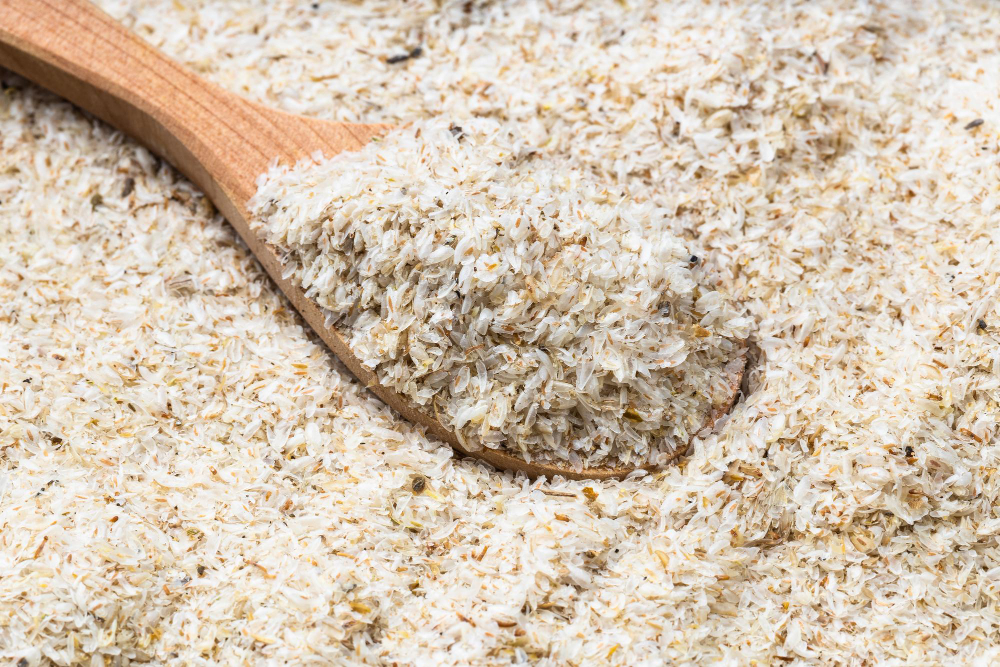



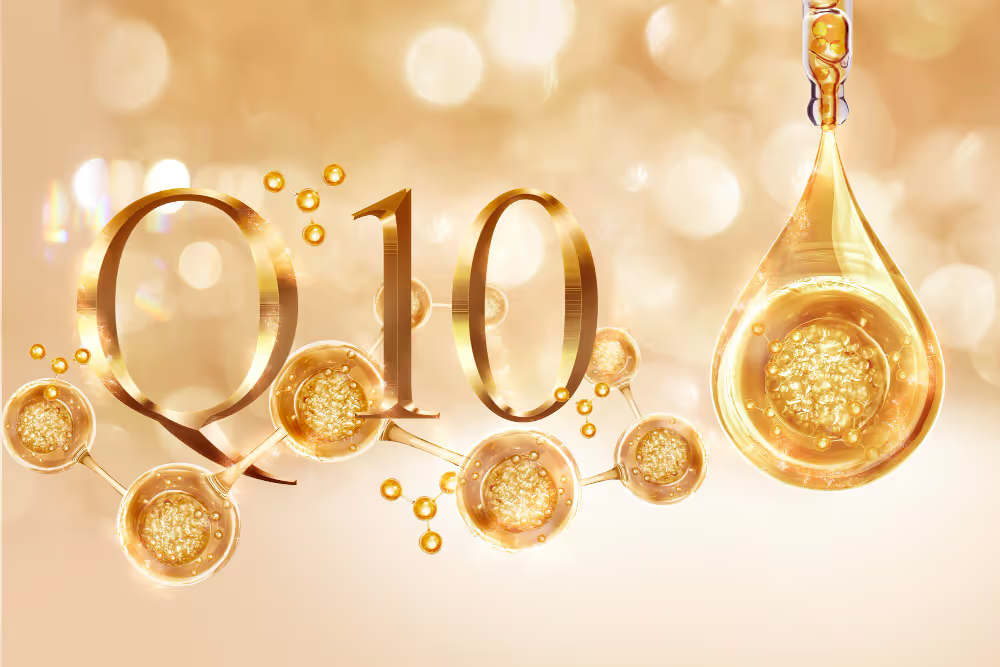
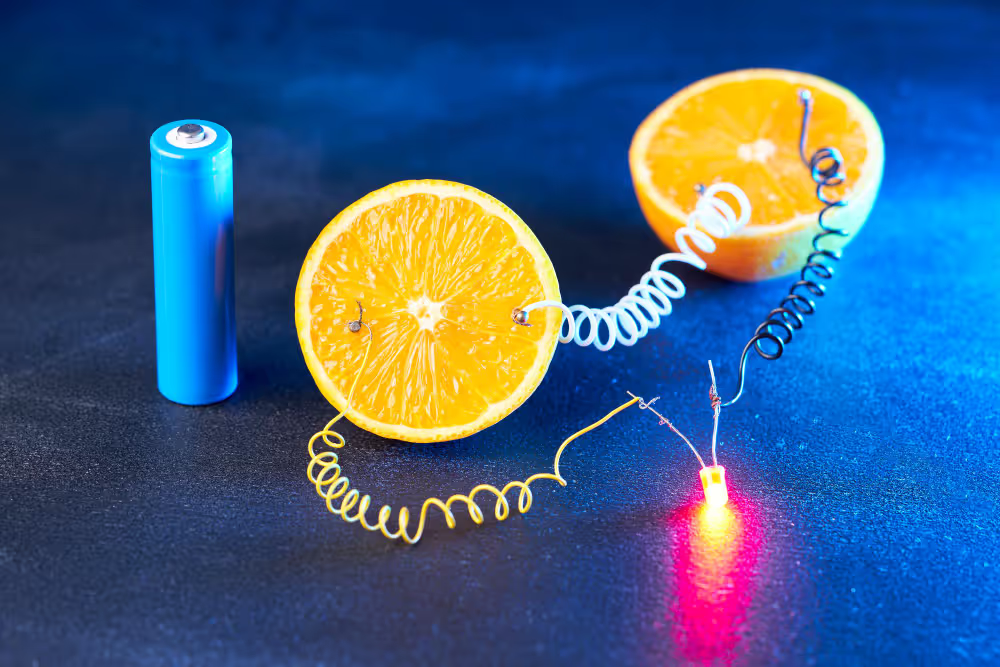
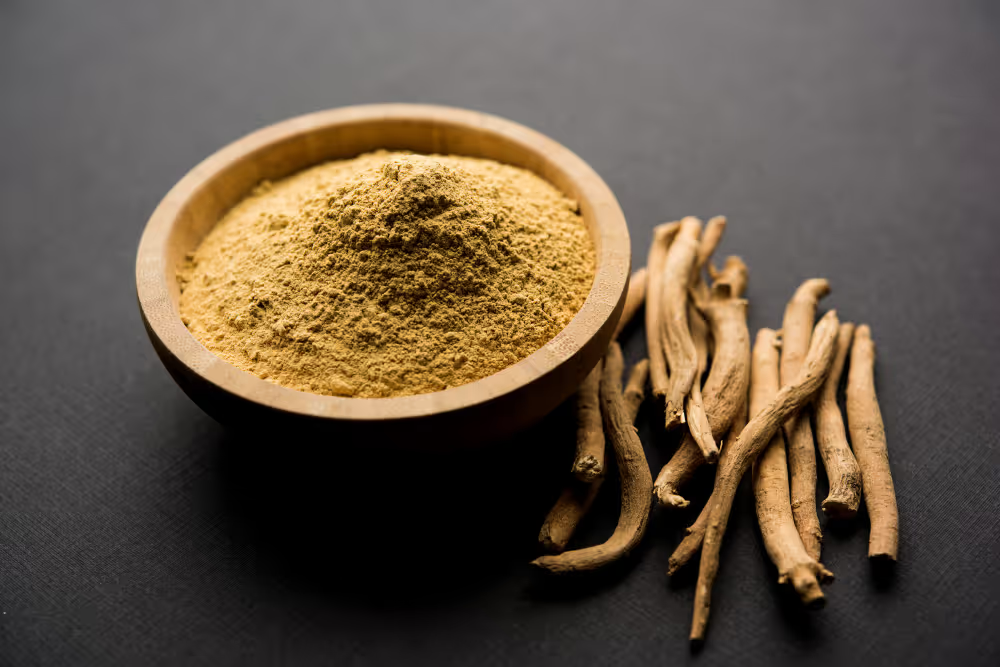

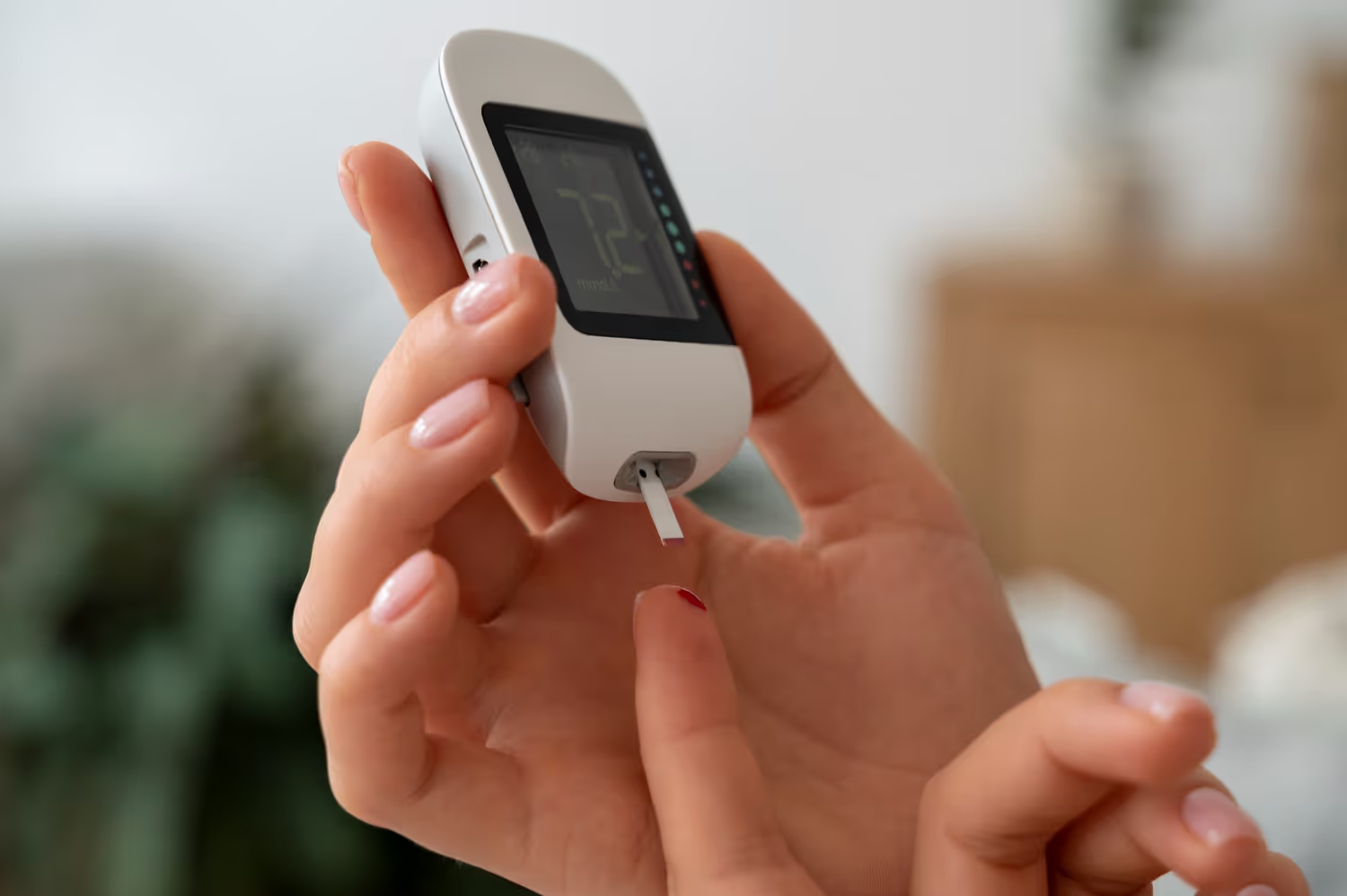

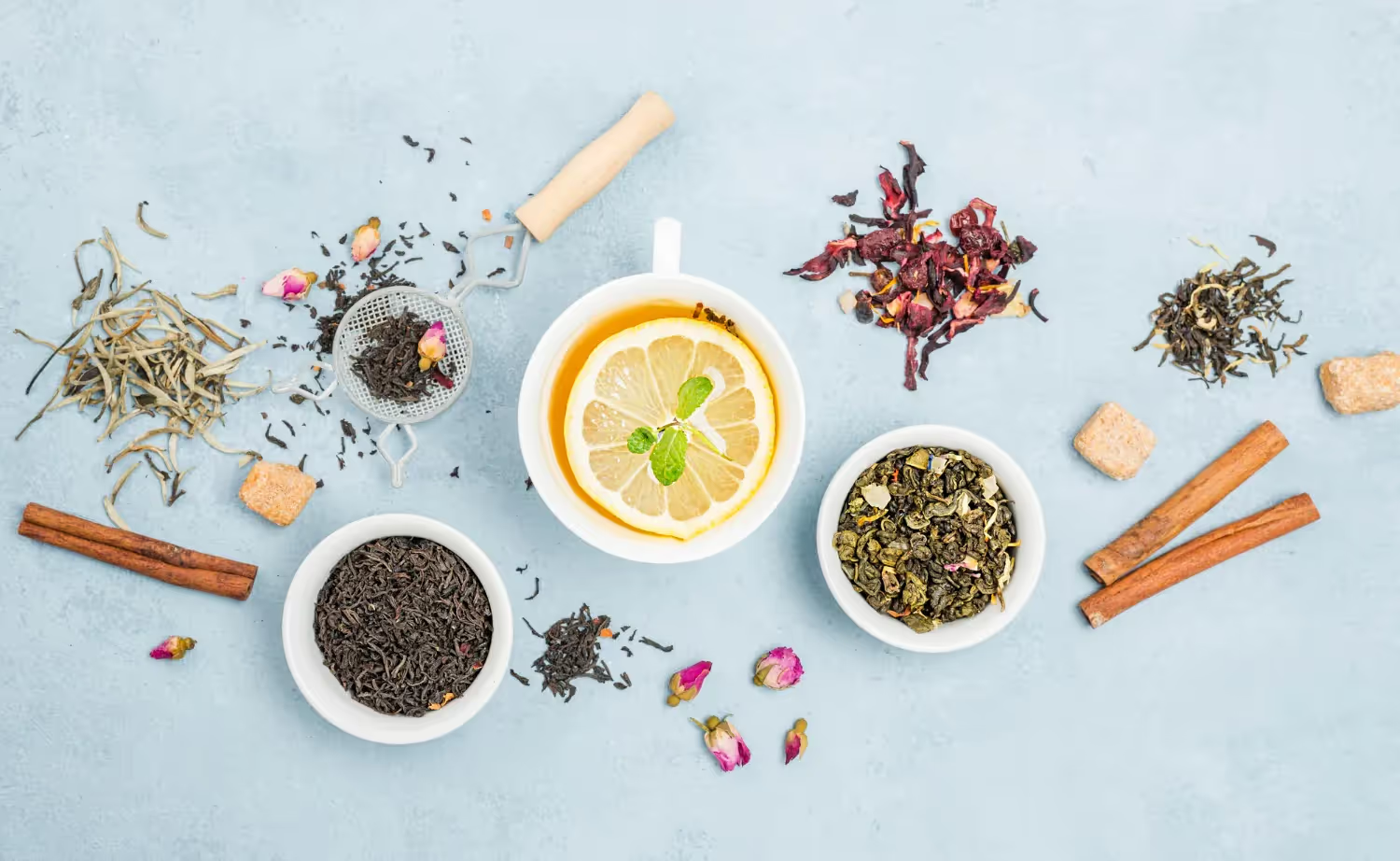

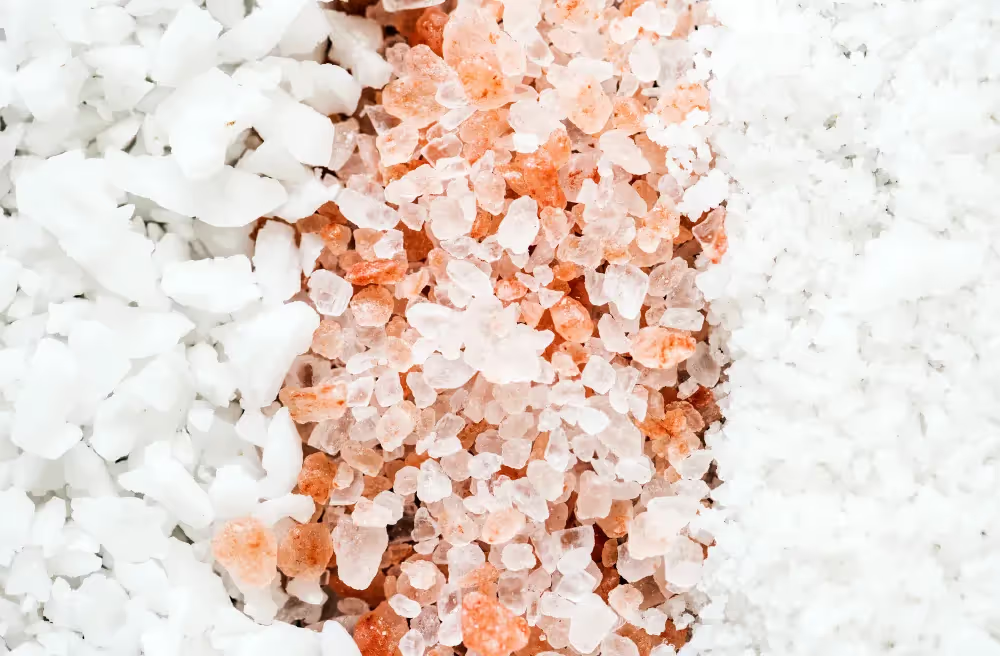












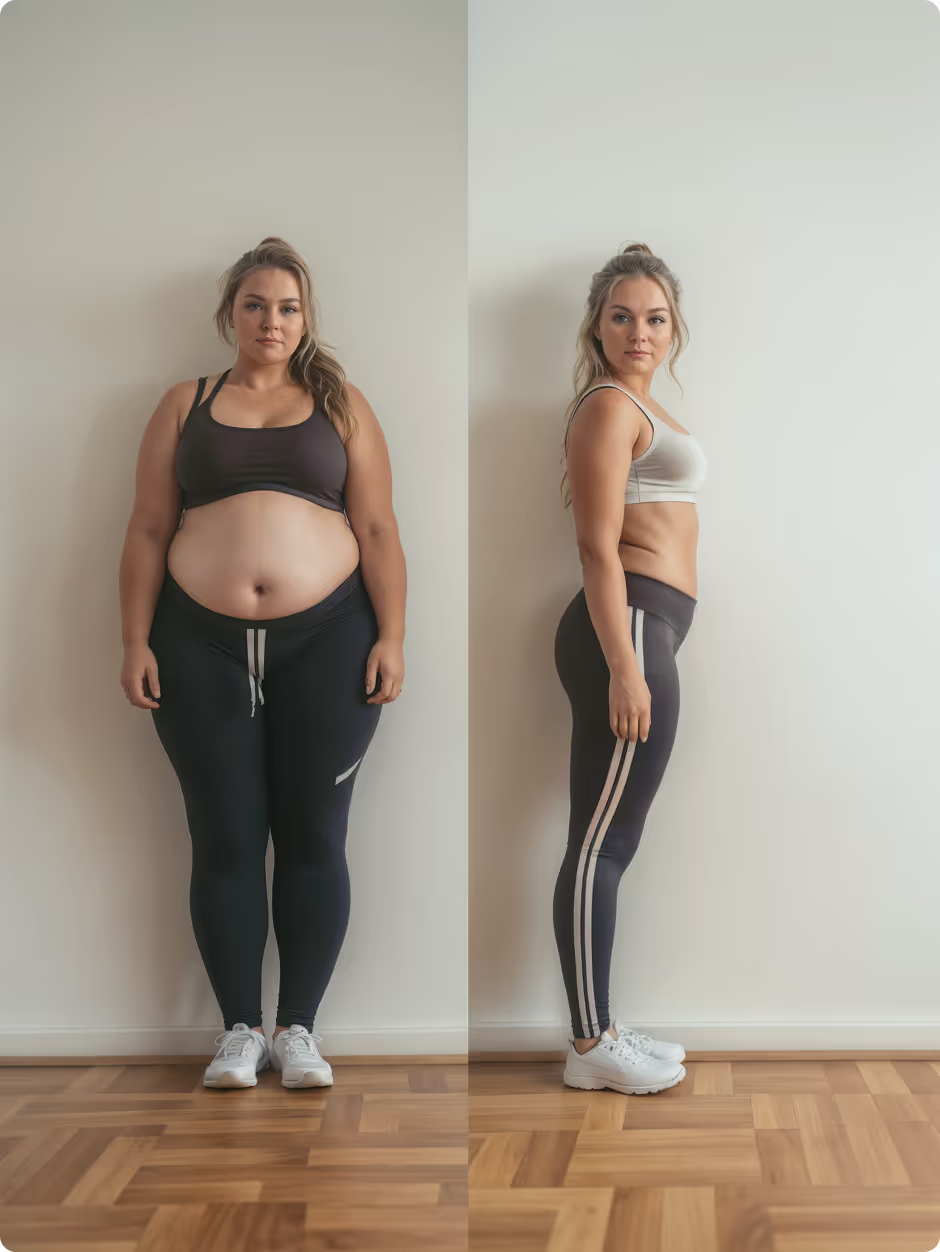










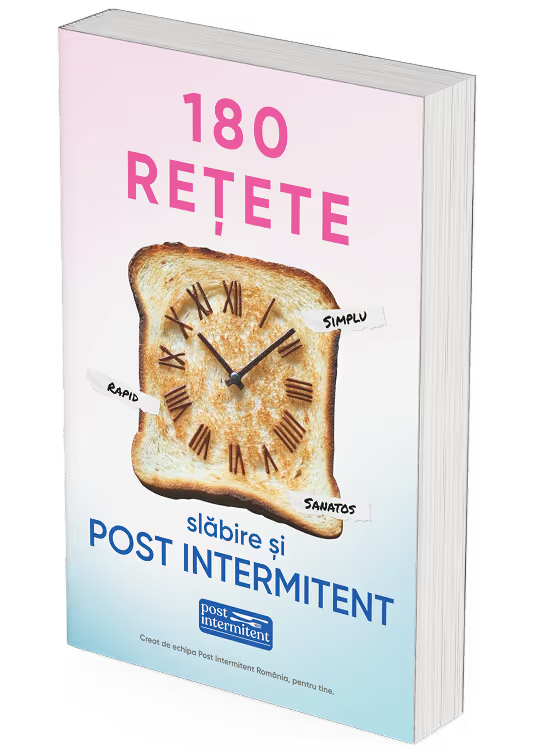
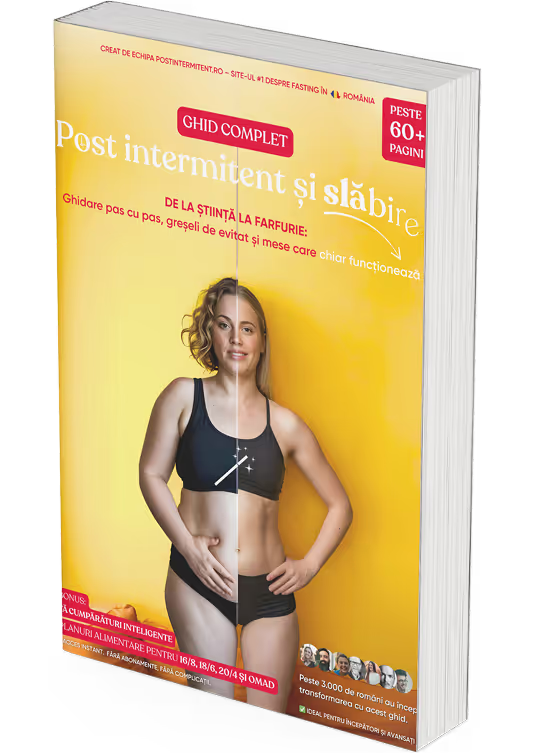
.svg)
